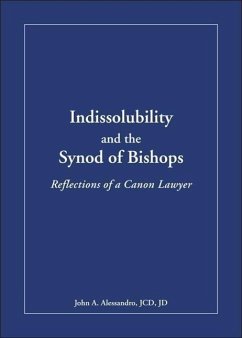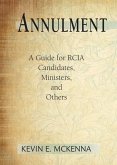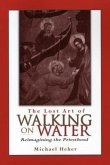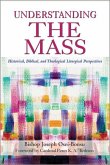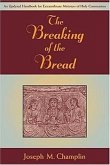This timely work focuses on a central topic of the Synod's agenda: the pastoral resolution of canonically irregular marriages, the interpretation of indissolubility, and the streamlining of canonical practice. Part One: Sacramental and Indissoluble Marriage. The author examines the underlying theological and canonical principles of the teaching and law on marriage. Conflicting views that emerged well before and during the Synod's meeting in October 2014 are analyzed, specifically the positions of Cardinals Kasper and Müller. The author seeks to clarify the elements of the Church's teaching and practice in this area by outlining the "canonical construct" that has been in use for hundreds of years--i.e., the set of theological and canonical propositions that interprets the teaching of Jesus in the New Testament and applies it to pastoral practice. In light of the emergence of widespread divorce, he urges a rethinking of key elements of this canonical construct. Updating is especially needed in regard to the Church's understanding of the sacramentality of marriage. The author suggests a more flexible understanding of how the marriage of the baptized becomes fully the sacramental reality about which Jesus spoke by analyzing the historical origins of the role of consummation as the fundamental way that a sacramental marriage is "completed" and becomes fully indissoluble. Part Two: Streamlining Canon Law. In light of a more flexible understanding of sacramentality, indissolubility, and consummation, the author then proposes concrete changes in canon law, almost all of which can be implemented immediately, in order to streamline the Church's tribunal process regarding the irregular marriages of Catholics who have married outside the Church after a divorce. Highlights § A new flexible way of thinking about the sacramentality of marriage. § Without abandoning the doctrine of indissolubility, a recognition that some marriages of the baptized fail to become fully indissoluble. § Recommendations for streamlining canon law are not merely proposed in general; specific revisions of the canons are proposed. +
Hinweis: Dieser Artikel kann nur an eine deutsche Lieferadresse ausgeliefert werden.
Hinweis: Dieser Artikel kann nur an eine deutsche Lieferadresse ausgeliefert werden.

